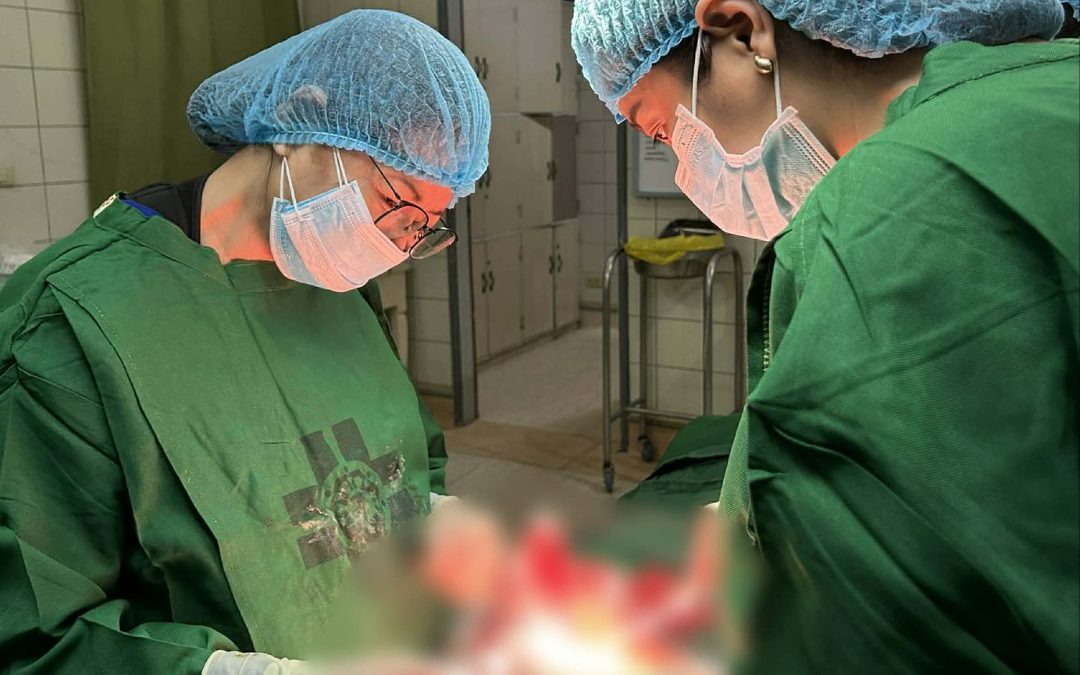Pneumonia is an infection that inflames the air sacs in one or both lungs. These air sacs may fill with fluid or pus, leading to symptoms such as:
- Cough with mucus or phlegm
- Fever, often high-grade, with chills
- Fast breathing
- Shortness of breath
- Chest pain while coughing
- Fast heartbeat
- Feeling very tired or weak
- Nausea and vomiting
- Diarrhoea
- Loss of appetite
- Body pain
- Severely affected patients may cough up blood or show cyanosis (a blue colour around the mouth due to a lack oxygen)
Causes of pneumonia:
- It can be caused by bacteria or viruses, and rarely by fungi or mycoplasma. Fungal pneumonia is not infectious.
- Bacterial and viral pneumonia spread through the inhalation of airborne droplets from coughing or sneezing.
Risk factors for pneumonia include:
- Age: Children below 2 years and adults above 65 years are most vulnerable.
- Being hospitalised in an intensive care unit or on a ventilator for a prolonged period.
- Lung diseases such as asthma or chronic obstructive pulmonary disease (COPD).
- Smoking.
- Having a weakened immune system due to conditions like HIV/AIDS, cancer, or organ transplants.
Complications of pneumonia can include:
- Bacteremia: infection spreading to the bloodstream.
- Lung abscesses: pus formation in lung cavities.
- Impaired breathing: trouble getting enough oxygen; ventilator support may be required.
- Acute respiratory distress syndrome is a severe form of respiratory infection.
- Pleural effusion: fluid buildup in the tissue lining the lungs.
Diagnosis involves reviewing medical history, physical examination, and lab test, including chest X-rays, blood culture, sputum culture, urine tests, pulse oximetry, and CT scans.
Treatment depends on the cause, symptoms, and severity:
- Medication: antibiotics for bacterial pneumonia, antivirals for viral pneumonia, and antifungals for fungal pneumonia.
- Oxygen therapy to maintain oxygen levels.
- Self-care: rest, hydration, and avoiding strain on the body.
Consult a pulmonologist for specialised diagnoses and treatment of respiratory conditions.
Here are some important precautions and advice to help prevent and manage pneumonia:
- Vaccination: Ensure that you and your loved ones receive recommended vaccines. Pneumococcal vaccines and influenza vaccines are particularly crucial for preventing pneumonia.
- Good Hygiene Practices:
- Wash your hands frequently with soap and water, especially after coughing or sneezing.
- Avoid close contact with individuals who have respiratory infections.
- Stay Hydrated and Rested:
- Adequate hydration and rest are essential for maintaining a strong immune system.
- Get enough sleep to support your body’s defense mechanisms.
- Avoid Smoking and Secondhand Smoke:
- Smoking damages the lungs and weakens the immune system.
- Exposure to secondhand smoke can also increase the risk of respiratory infections.
- Seek Medical Attention Promptly:
- If you experience symptoms such as persistent cough, difficulty breathing, chest pain, or high fever, consult a healthcare professional promptly.
- Early diagnosis and treatment are crucial for managing pneumonia effectively.
- Follow Your Doctor’s Recommendations:
- If you are diagnosed with pneumonia, adhere to the prescribed medications and treatment plan.
- Rest, stay hydrated, and take any necessary antibiotics.
Remember, prevention is key! Stay informed, take necessary precautions, and prioritize your health. 🌿🌡️



